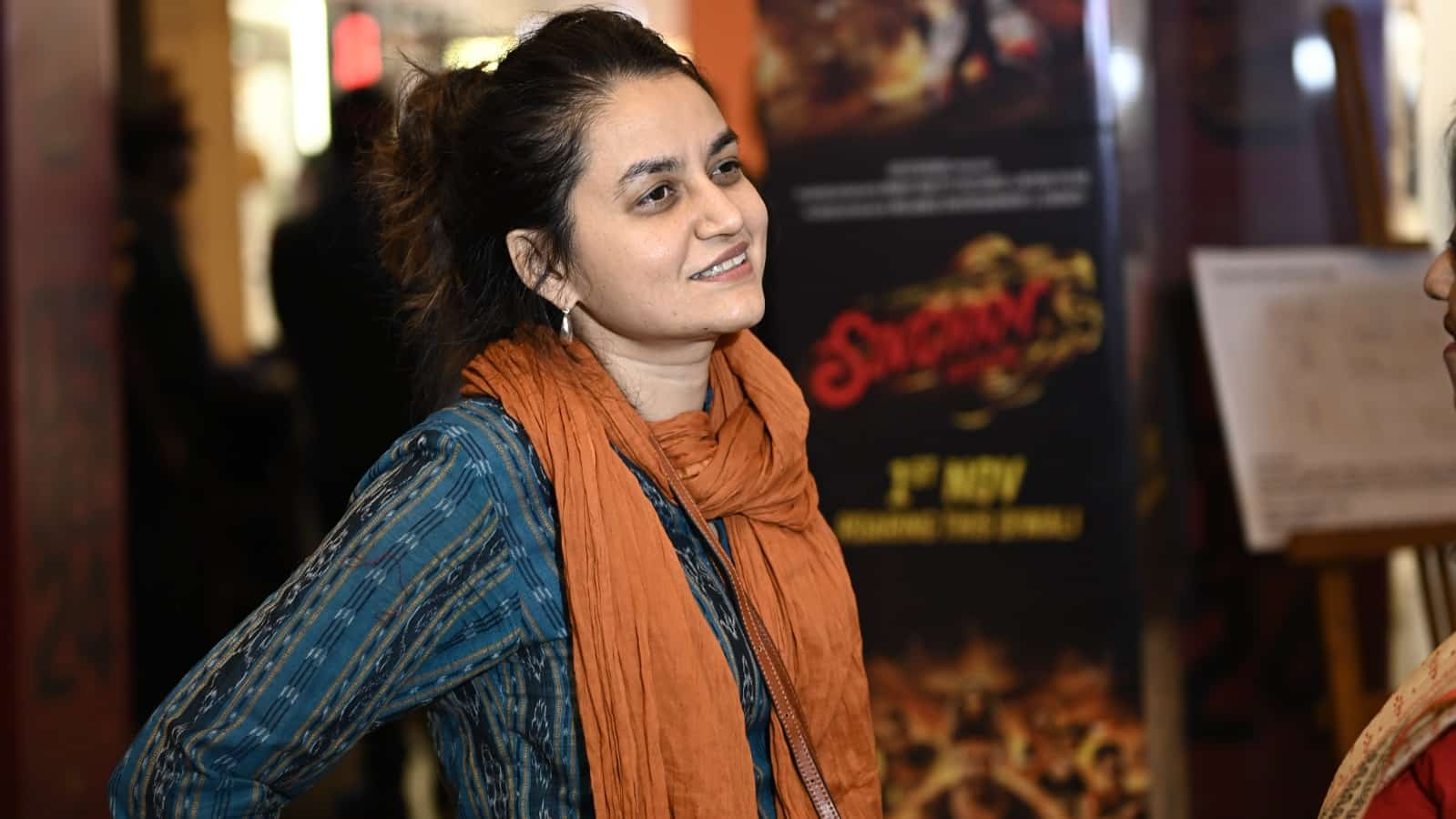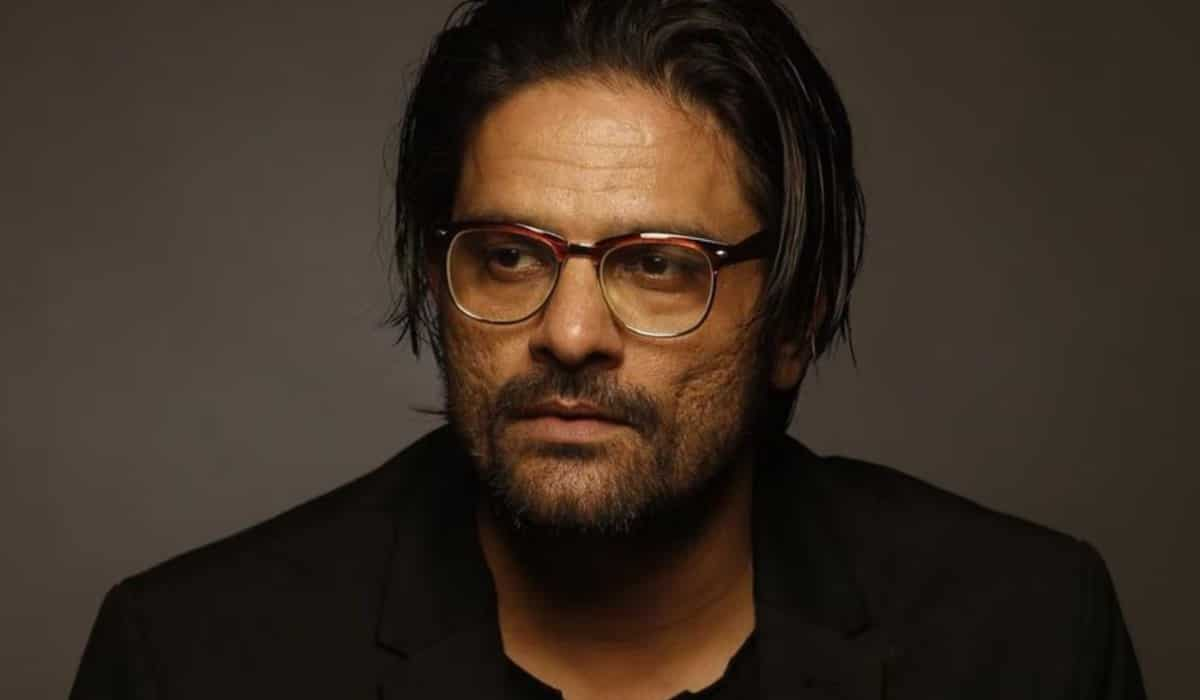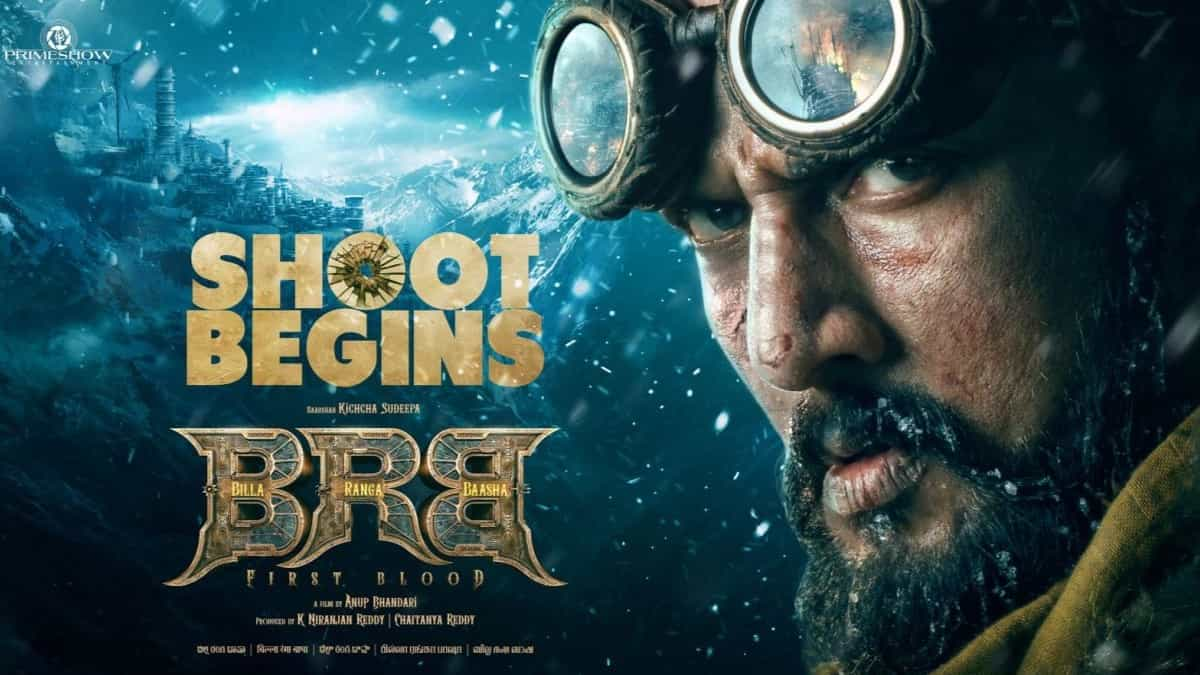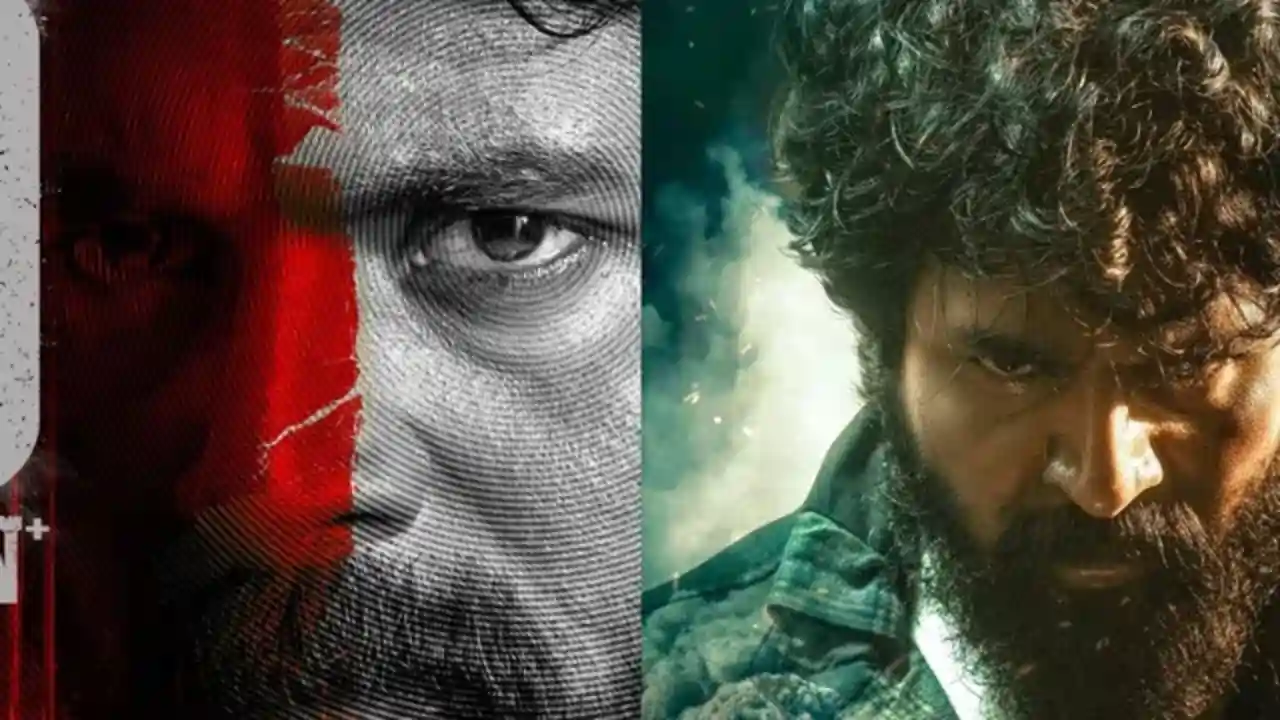
All We Imagine As Light director Payal Kapadia: 'It is time we make some ultra-feminine films' | Exclusive
4 months ago | 5 Views
Payal Kapadia came to Kolkata recently for a special show of her All We Imagine As Light. The film, which won the Grand Prix at this year’s Cannes Film Festival, was presented by National Award-winning director Bauddhayan Mukherji in Kolkata. Before the screenings, in an exclusive chat with OTTplay, Payal talked about her film, her thoughts on female filmmakers in India, and the struggle of independent filmmaking. Read on...
In most films, Mumbai is often seen as a city of resilience, dreams, glitz, and glamour. In your movie, however, you have captured a different Mumbai where immigrants struggle and believe in the city's magic to survive.
That is the truth, no? I also have a very love-hate relationship with the city. On one hand, it is a city of dreams, and opportunities – especially for women. There are so many factors in Mumbai that make it easier for women to live alone. To live with other girls. The city has that vibe. If someone is coming from a smaller town the anonymity of Mumbai gives a lot of opportunities. It liberates you in some sense. But it is also really costly and challenging. That is also there. We cannot ignore that. For me, Mumbai is a mix of both things. And so is life. Life is not always rosy. Mumbai is also a place of contradictions and that is what I wanted to highlight.
All We Imagine As Light explores a beautiful journey of sisterhood. Is there any particular reason for exploring this aspect?
I was thinking a lot about friendship. As I grow older I have been relying more and more on friends. That city is a place where friends become very important, especially if you have left your home. I lived in Pune for a long time. Later my friends became my family. I work in a crew, and they become your friends and support system. So I talked about friendship. For me, this sisterhood or friendship is very important as a theme. I feel in our country all other relationships have a lot of baggage – husband and wife, parents and children, and so on. There are so many coded things that these relationships become so heavy. But friendship is still a bit more open. We can be whatever we want to be. There are so many possibilities. It can go beyond our immediate identity also. It is never restricted by religion, class, or caste. Friends are beyond those things. That has a lot of potential.
Last year, by this time, we were all talking about Sandeep Reddy Vanga’s Animal. Meanwhile, 2024 has so far been a year of women filmmakers with you winning Grand Prix, Kiran Rao’s Laapataa Ladies getting on the Oscar run, and so on...
(Laughs) I just hope it continues.
But do you see this as a constant change? Or just an incidental situation?
We have to make some ultra-feminine films (laughs). I think we are doing that only.
On a serious note, it's important to emphasise diversity, and it is also important to have filmmakers from diverse backgrounds. Only then will the films reflect that. I think the more women start making films and get engaged in different jobs of filmmaking the more that will get reflected in the films. It is not just the directors, but also the other members, including the writers and cinematographers, who need to get involved to have the balance and checks.
It is doing better now. There are so many filmmakers. In the mainstream also, there are women filmmakers doing so much work. There is a bit of a change that’s going on. It is still a long long way to go. We’ll give to see how it progresses. I have a lot of hope.
Now that you have got the awards, are you getting any positive responses from the Indian producers?
So because of this win, I got a lot of interest from the distributors. That is very good for me. I was hoping for a release but I thought it would be mostly a Mumbai and Kerala release. But because of the national attention that the film got, I got a lot of people interested in distribution. That was a big thing. Spirit Media (of Rana Daggubati) showed interest. That is also supporting independent movies. As an independent filmmaker, you might make a film also kuch bhi karke. But how to show it? That is such a big deal. It is so hard. In fact, even big films are not doing well sometimes here despite so much marketing. Exhibitions are always a big risk, and I got support there after the recognition.
What is your suggestion to the budding independent filmmakers?
Independent filmmaking is difficult. And I do agree that everybody does not have the same opportunity that I got. I really agree. But even if you have a little bit of money do make your movie. These days we have access to cameras and DSLRs. Look at how Rima Das is making her films. In her first film Village Rockstar, she shot the films, edited them, and what a great film. It is hard. For the young directors, I will have to say that don’t give up and continue to do it. And also tell local stories. She is telling stories from her village. I am from Mumbai and my story is from that place.
Have you locked any streaming partners?
No. I am more interested in the theatrical release. That's my focus. When audiences think that this will come to an OTT platform they don’t go to watch the film in theatres. For me, cinema is a cherished experience. So, I would like people to go to cinemas.
And what is happening to your Oscar run?
It's not that much in my hand. It is the American distributors. If they think they will take it forward. We just released it in the US recently. It did quite well in the one week. We started with just three cinemas and now more theatres have taken up the film. That's nice. Oscar run is a money-driven exercise. I think they are waiting to see if we can get nominations for other awards besides Oscars. If the film gets attention from there, I think they will take it forward. It is hard to say. There are so many good films and there are so many competitions. We don’t have that much financial support to run a campaign.
Soon after your win, FTII congratulated you. But you have a bit of a history with your alma mater. Do you still have that bit of rebellion in you?
We are part of a democracy. If something we feel is not right, it is our duty to stand up against it. Public institutions are the most important educational setups that we have in our country. Access to education is very important in our country. It should not be for rich people only. We were worried that FTII would become costly and would be affordable only for a few people. That’s the reason behind the strike. The good thing about India is that people actually believe in this democratic setup. That for me is the great thing about our country.











.webp)







